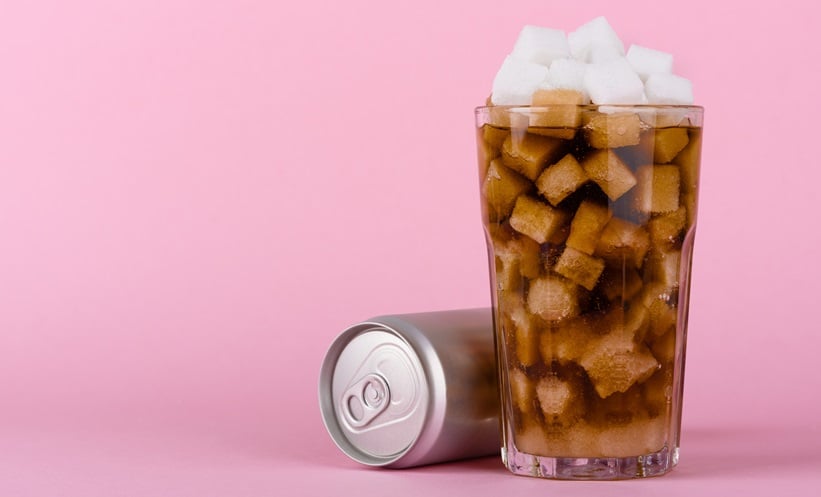A MAJOR new study finds that women who regularly consume sugary drinks are more likely to experience depression, with the link traced to changes in gut microbiome composition. Consumption of soft drinks was associated with more severe depressive symptoms and a greater likelihood of diagnosis, pointing to diet as an important influence on mental health.
Depression and Nutrition: The Microbiome Effect
Depression affects millions worldwide and remains challenging to treat and prevent. This study, led by researchers at the German Center for Diabetes Research, investigated whether depression risk is linked to dietary patterns and gut health. Analysing a cohort of 932 adults, with 405 diagnosed with major depressive disorder, researchers found higher rates and severity of depression in women who consumed more sugary drinks. These effects were reflected by a surge in Eggerthella bacteria, previously linked to depression and inflammation in other studies.
How Depression is Linked to Sugar Intake
Participants in the study ranged from 18 to 65 years old, and consumption of soft drinks increased the odds of depression by 17% in women. This correlation appeared solely tied to the microbiome; men in the study showed neither increased Eggerthella nor heightened depression risk from sugary drinks. By controlling for confounding factors such as education, calorie intake, and BMI, the study offers strong evidence for a direct link between sugar, microbiome changes, and depression. Further mediation analysis suggested Eggerthella abundance explained about 5% of the association between sugary drinks and symptom severity.
Depression and Dietary Strategies
The findings suggest that nutrition-based approaches, including dietary interventions and probiotics, could play a role in preventing or managing depression, particularly among women. The sex-specific nature of the results points to the need for tailored education, policy, and clinical guidelines. Dietary adjustments could influence the microbiome’s impact on brain health, helping lower depression risk for millions affected by ultra-processed foods and drinks.
Reference
Edwin Thanarajah S et al. Soft drink consumption and depression mediated by gut microbiome alterations. JAMA Psychiatry. 2025;DOI:10.1001/jamapsychiatry.2025.2579.








